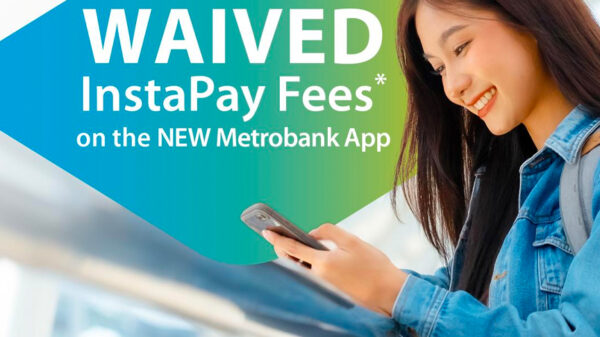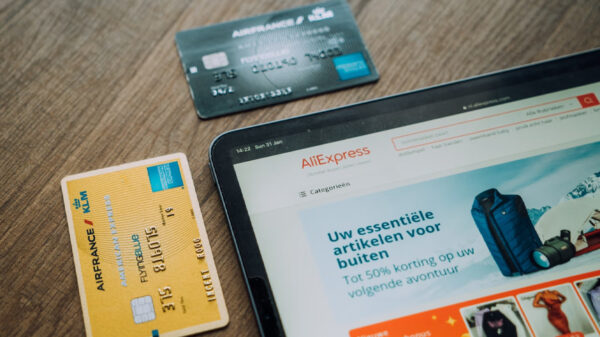This year’s holiday season is definitely not like the ones that came before. Due to the current situation brought about by COVID-19, many things have changed.
One big change is the way we have to do our Christmas shopping. For now, gone are the days of spending time in the malls to check off gifts from our Christmas lists. It’s now easier and physically safer to do our gift-shopping online through the various popular e-commerce sites.
But while shopping in person has its risks, that doesn’t mean online shopping is not without its own as well. The dangers of online bank fraud are still all too real. Shoppers should stay alert, especially over the holidays, when bonuses make it more tempting for fraudsters to hit unsuspecting people.
To keep your accounts safe this Christmas, EastWest’s Chief Information Security & Data Protection Officer, Joey A. Regala, has five tips you should follow.
- Look for secure online shops
You won’t have to worry about fraud from online stores if you’re shopping from the most popular e-commerce sites. In case you aren’t, always look for the lock icon in the browser’s URL bar that indicates the site is protected by SSL. If it doesn’t have that icon or there is a “Not Secure” label in the URL bar, it means that site is not protected by SSL—do not buy from the site.
If you’re not shopping from a well-known e-commerce site, Regala also suggests doing research on the shop you’re buying from and its reputation.
You should also avoid giving away too much information if you are speaking with the vendor. “Do not overshare, especially in chats with the vendors,” says Regala. “Confidential information such as your address and credentials are protected in the website, but not in the private chats.”
- Use official banking apps instead of your mobile browser
It’s safer to use the official banking app instead of your phone’s internet browser to access the bank’s online platform for your mobile banking transactions. Mobile phones have more security features such as biometrics and OTP generators.
“Mobile apps are more secure since the hacker needs to have the actual mobile phone on hand to get into your account,” says Regala. “This setup is already a form of two-factor authentication, which is something you have.”
EastWest customers can be assured that the official EastWest app is safe for banking, Regala adds. It’s got state-of-the-art security features that will keep accounts protected. You can use it to constantly monitor your bank and credit card accounts, which you should also be doing religiously.
- Don’t use public wifi
Although you shouldn’t be spending too much time in public places, there will be days when you just have to go to the mall. If you must be at the mall or anywhere public, do not use the free wifi if you can avoid it. These connections are unsafe, leaving you open to attackers and hackers.
If you must use the public wifi, use a Virtual Private Network (VPN). “If you are not using a VPN, do not access your banking app,” warns Regala.
- Protect your internet connection at home
Your home internet connection is also open to risks even if you keep your wireless connection password-protected. Change your router’s administrative panel password from the default; use a strong and unique password that is hard to guess.
Regala also reminds people to have anti-virus software on all their devices. Keep the software constantly updated and run regular computer scans.
- When you receive your delivery, destroy the evidence
Evidence of what, you ask? Just the shipping labels that couriers stick on your package. “Do not just throw it in the garbage,” says Regala. “It contains your name, address, and contact numbers—this information can be used for fraudulent purposes.”
With these safety and security tips, you should be able to have a worry-free holiday season! But should you become a victim of any fraud at any time, don’t hesitate to report the instance to your bank. They can block your cards to prevent further illegal transactions and help you with any of your concerns. Happy holidays!

















































































































